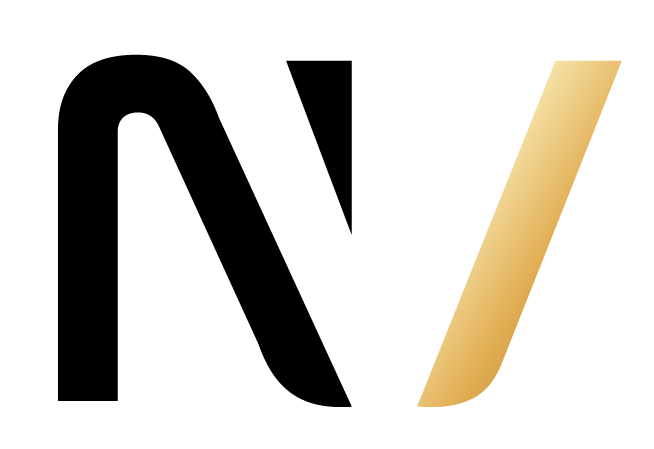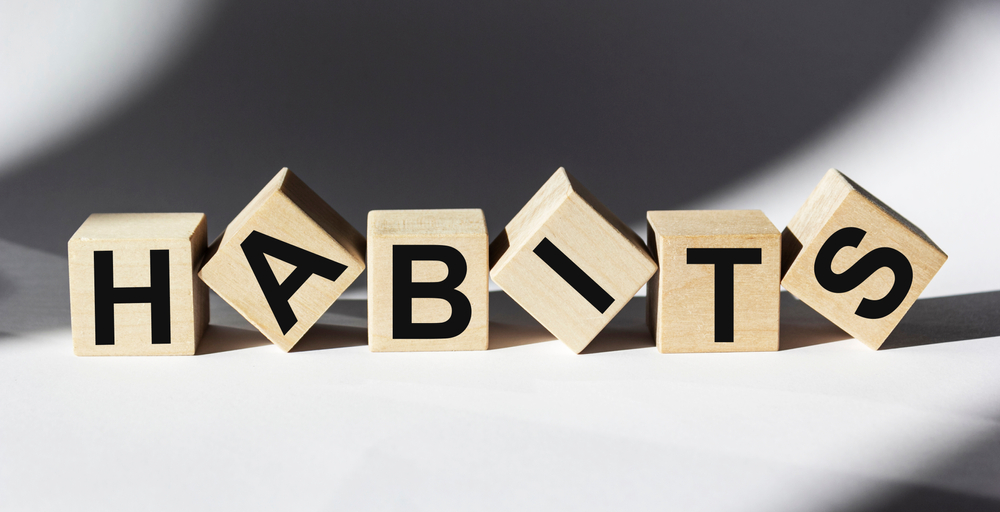Knowledge is the sustenance that nourishes the soul and the mind, feeding our curiosity and enriching our understanding of the world.
Some of my favorite topics and some fun blogs I've written.
James 1:17 (NIV): "Every good and perfect gift is from above, coming down from the Father of the heavenly lights, who does not change like shifting shadows."
This verse emphasizes that all good and perfect gifts come from God, highlighting His nature as the ultimate giver of blessings and talents.


WHO WAS THE FIRST DOCUMENTED ABSTRACT PAINTER?
The concept of abstraction in art has roots that extend back centuries, with various cultures and artists experimenting with non-representational forms and ideas. However, if we're talking about the first documented abstract painter in Western art history, that distinction is often attributed to Wassily Kandinsky.
Wassily Kandinsky, a Russian painter and art theorist, is widely regarded as one of the pioneers of abstract art. His seminal work, such as "Composition V" (1911) and "Composition VII" (1913), marked a significant departure from representational art, focusing instead on the use of color, form, and line to convey emotion and spiritual expression.
Kandinsky's writings, particularly his book "Concerning the Spiritual in Art" (1911), played a crucial role in articulating the philosophical and theoretical underpinnings of abstract painting, further solidifying his place in art history as one of the earliest documented abstract painters.
The percentage of women in the United States... Interesting...
Did you know that over 80% of people believe that experiencing art improves their overall quality of life?"
This statistic highlights the positive impact that art can have on individuals' well-being and underscores the importance of engaging with artistic experiences for personal enrichment and fulfillment.

What is the most asked question on Google?
The most asked question on Google can vary over time and depends on a variety of factors such as current events, trends, and popular topics. Google Trends provides insights into the relative popularity of search queries over time, but it doesn't necessarily identify the single most asked question.
Some commonly asked questions on Google across different categories include:
- "What is my IP address?"
- "How to tie a tie?"
- "How to lose weight?"
- "What is love?"
- "What is my location?"
- "What is my name?"
- "How to cook rice?"
- "How to make money?"
- "What time is it?"
- "How to screenshot on [specific device]?"
These questions often reflect common queries related to technology, health, relationships, and everyday tasks. However, the most asked question can vary based on factors like current events, viral trends, and cultural phenomena.
How to publish a book with a publisher?
Publishing a book with a traditional publisher involves several steps. Here's a general outline of the process:
-
Write and Revise Your Manuscript: Before approaching publishers, ensure your manuscript is complete and polished. Revise and edit your work to ensure it meets industry standards.
-
Research Publishers: Identify potential publishers that specialize in your genre or niche. Research their submission guidelines, previous publications, and reputation. Make a list of publishers that align with your book.
-
Prepare Submission Materials: Follow each publisher's submission guidelines carefully. Typically, you'll need to prepare a query letter, a synopsis of your book, and sample chapters or the entire manuscript, depending on the publisher's requirements.
-
Submit Your Manuscript: Send your submission materials to the publishers on your list. Some publishers accept electronic submissions, while others prefer printed manuscripts. Be prepared to wait for a response, as the review process can take several weeks or months.
-
Negotiate a Contract: If a publisher is interested in your manuscript, they may offer you a publishing contract. Review the contract carefully, paying attention to royalty rates, rights, and any obligations or commitments. Negotiate terms if necessary, or seek advice from a literary agent or attorney.
-
Editorial Process: Once you've signed a contract, the publisher's editorial team will work with you to refine your manuscript. This may involve additional revisions, copyediting, and proofreading.
-
Design and Production: The publisher will design the cover and layout of your book. They'll also handle printing, formatting, and other production tasks.
-
Marketing and Promotion: While the publisher will handle distribution and placement of your book in bookstores and online retailers, you'll likely be responsible for marketing and promotion. Work with the publisher's marketing team to develop a strategy for promoting your book through social media, author events, book signings, and other channels.
-
Publication and Distribution: Once your book is finalized, it will be published and made available for sale. The publisher will distribute copies to retailers, and your book will be officially released to the public.
-
Monitor Sales and Reviews: Keep track of sales figures and reader reviews to gauge the success of your book. Continue to promote your book through ongoing marketing efforts and engagement with your audience.
Remember that the publishing process can be competitive and may take time. Be persistent, patient, and prepared to adapt as needed throughout the journey to publication.


The difference between Feminism and being a Strong Woman?
FEMINIST VERSUS INDEPENDENT WOMAN....
When you hear the word Feminist, what do you think of? This answer will depend on what gender you are most likely...
Remember, Men are from Mars and Women are from Venus... We certainly don’t think alike and our perception of this controversial word “Feminist” is incredulously different.
My whole life, I have wanted to be different and I knew from an early age that I just was... I have always been strong-willed and determined. An entrepreneur since I was 8... My father scolded me for charging all of the neighbors to sweep their porches and pull their weeds.. From an early age, I knew I wanted a business and to accomplish big things.
A few years ago, I took my Gallup Strengths Finders test and discovered my top strengths... Mine were Achiever, Strategy, Connectedness, Includer and Learner...
At first, I wanted to argue with the test! I had already distinguished what I “thought” my top strengths were and these were just not going to cut it...
Little did I know, that these were the “exact” strengths that are displayed in my every move, moment and minute in which I live and breathe.
It is awesome to understand yourself once and for all...
So.. with all of that said, what is the difference between a feminist and an independent woman?
I believe the difference is the motive.
Many women will relate to what I am about to say... Some of us decide to become “independent” out of necessity.. For instance, I found myself to be a single mom of three after almost ten years of marriage. I was married to a man who didn’t want me to work and clearly believed in gender roles.. I complied like a good little wife and raised my children and my highlights of my days were the gym and laying out by the pool. My life seemed very empty and I just knew that God had more intended for me than that.
I decided to go back to school and get my degree. I am so glad that I make this decision. I found myself in a divorce, with three young children, no child support and thank God, I had the means to take care of my family. I will say that my attitude at first was somewhat self-righteous because I wanted to prove that I could do it without a man, without anyone. All of the man-hating songs started sounding very familiar... I remember driving down the road listening to “I Will Survive”... and found myself having an attitude of rebellion. I wanted to be a powerful woman... A survivor.. Not defeated and to prove a point.. Now, that sounds like a feminist. I was angry, bitter, misguided and on a mission.
Sometimes the wrong motives drive us. I would not take failure and had a little repulsive thing called Pride...
Then, I found myself single, resentful and wanting to be this powerful, independent woman who needed NOONE. Everything became a competition. Beating men in my career, getting the most awards, the most clients and after all of these efforts, I still didn’t feel like the winner.
The wrong motives do not provide the right results.
So, let’s talk about an Independent woman. An independent woman in my opinion, is soft yet firm, humble and strong. She doesn’t have to beat everyone but wants to do everything with excellence and without being a slave to a lender or a person. She is driven by goals and accomplishments and doesn’t have anything to prove. She educates herself on the facts and doesn’t boast about what she doesn’t know. She learns instead. She takes care of her family and those around her and again, has nothing to prove. She is driven by so much more than winning and proving herself... She commands respect because although she can be powerful and strong, she has a servant’s heart and knows when to share and when to listen. She doesn’t have to know everything but will be a sponge when she’s listening and learning. She’s independent out of necessity sometimes and sometimes, out of choice. She learns from her mistakes and her successes and transparently shares them with others to help pull them up. She can share her life with someone and know when strength is necessary and when to submit. Out of respect. Remember... Nothing to prove.
What I have learned over the years is that women, myself included, want to rise up to the top and be so independent.. And then when we find men who do not respect us or offer us the chivalry that we so desire... we wonder why. Not that the lack thereof is justified... We’ve been screaming “hear me roar”... and they did and we screamed it so loud that now some of them can’t hear us nor do they want to and now we complain about it.
A man needs to feel like a man. Respected, loved and needed.
A woman needs to feel cherished, protected, secure and loved.
It's really so simple, yet we make it difficult. Of course, this is my personal opinion, based off of my own personal experiences.
What is Critical, Logical Thinking? (I'm wondering if it exists much anymore.)


